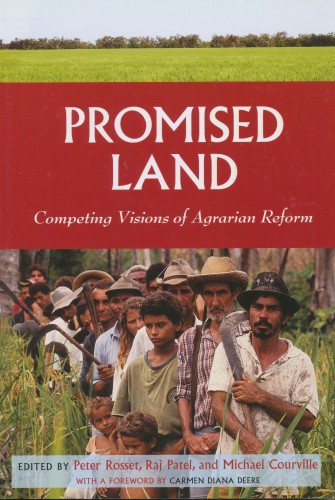Focal point
Location
NRMC is a technical and managerial advisory firm in the development sector that provides evidence-based solutions for sustainable, equitable and inclusive development.
Established in 2004, NRMC is engaged in creating impactful solutions that make a difference to the society. We achieve results at scale by catalyzing partnership with clients and communities. We believe in ethical business, nurturing talent to be courageous to push the limits of knowledge and discovering new ways of doing things.
NRMC experience, high quality skills, breadth of sectors, services make us preferred partners for public and private sector clients and partners in creating sustainable and scalable social impact.
We have a demonstrated in-depth understanding of sectors across project design and solution implementation. NRMC service offering incorporates all aspects of project and program management, development sector advisory, monitoring & evaluation and documentation. Focused on rural and urban poverty, Team NRMC is a professional service provider. Our experience on planning, advisory, technical and management support encompasses the social, institutional and gender dimensions of development. We work with a range of clients which include Government, bi-lateral and multi-lateral agencies, international NGOs, corporates and corporate foundations.
We constantly strive to understand community needs and aspirations, ensuring that we deliver contextual and impactful solutions on behalf of our clients and partners. With offices across six locations, we are able to provide effective and efficient solutions to clients and communities.
Members:
Resources
Displaying 176 - 180 of 208Common Property Resources in Different Agro-Climatic Landscapes in India
This paper is published in Conservation and Society, Volume 4, No. 1, March 2006 which mainly examine the detailed variations of CPR use across different agro-climatic zones and critically analyzing the implications of such variations in understanding of the commons.
PROMISED LAND: Competing Visions of Agrarian Reform
Agrarian reform is back at the center of the national and rural development debate, a debate of vital importance to the future of the Global South and genuine economic democracy. The World Bank as well as a number of national governments and local land owning elites have weighed in with a series of controversial policy changes. In response, peasants landless, and indigenous peoples’ organizations around the world have intensified their struggle to redistribute land from the underutilized holdings of a wealthy few to the productive hands of the many.
Trends in forest ownership, forest resource tenure and institutional arrangements: are they contributing to better forest management and poverty reduction?
This FAO study document provides information on formal and legal basis of forests and forest management types in Odisha along with trends and changes; describes status and impact of forest management regimes including JFM, CFM and mainstream forest management; delineates lesson learnt and future challenges.
The Hindu Succession (Amendment) Act, 2005
This Hindu Succession Act Amendment made in 2005 was to grant, among others, rights to women to inherit agricultural land of the parents and husband. Under this amendment the daughters, including married daughters, are coparceners in joint family property, with the same birth right as sons, to share, claim partition, and (by presumption) to become karta (managers), while also sharing the liabilities. This would be applicable for Hindus, Sikhs, Buddhists and Jains religious communities of India.
The Special Economic Zones Act, 2005
A special economic zone (SEZ) is an area in which business and trade laws are different from rest of the country. SEZs are located within a country's national borders, and their aims include: increased trade, increased investment, job creation and effective administration. To encourage businesses to set up in the zone, financial policies are introduced.


